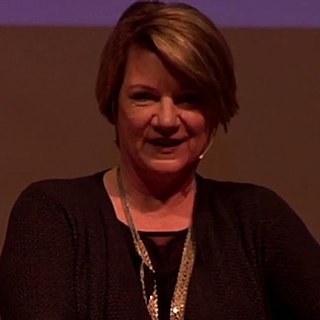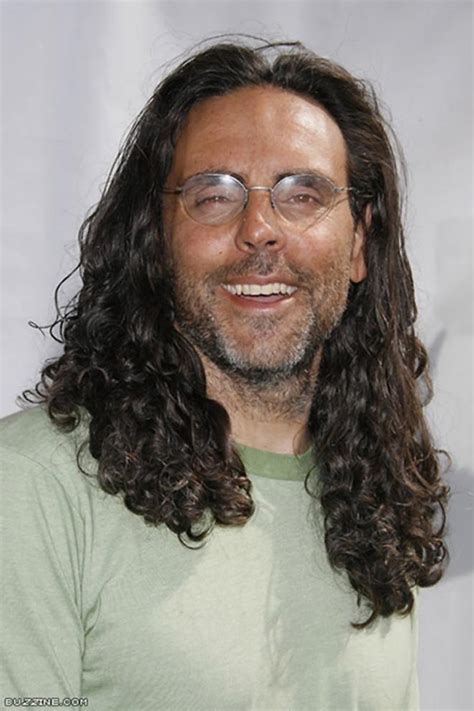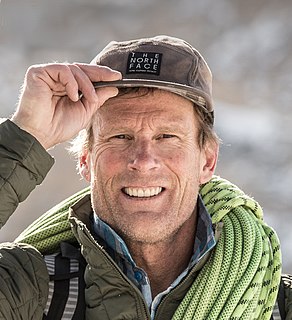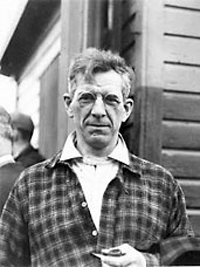A Quote by David Suzuki
Humans are an infant species, a mere 150,000 years old. But, armed with a massive brain, we've not only survived, we've used our wits to adapt to and flourish in habitats as varied as deserts, Arctic tundra, tropical rainforests, wetlands and high mountain ranges.
Related Quotes
We live in the Age of the Higher Brain, the cerebral cortex that has grown enormously over the last few millennia, overshadowing the ancient, instinctive lower brain. The cortex is often called the new brain, yet the old brain held sway in humans for millions of years, as it does today in most living things. The old brain can't conjure up ideas or read. But it does possess the power to feel and, above all, to be. It was the old brain that caused our forebears to sense the closeness of a mysterious presence everywhere in Nature.
Without birds to feed on them, the insects would multiply catastrophically. The insects, not man or other proud species, are really the only ones fitted for survival in the nuclear age. The cockroach, a venerable and hardy species, will take over the habitats of the foolish humans, and compete only with other insects or bacteria.
We're a young species; We're only 175,000 years old. On the evolutionary scale, life on this planet is 4 billion years old. We're 175,000 years old. So we're trying something out. Who wouldn't think it would be better to have the most stuff to take as much as you could? As we do that, we see why the moral prophets come along and say, don't even store into barns, right? It's easier for a camel to pass through the eye of the needle than a rich man to enter the kingdom of heaven. We've seen we plunder nature. We plunder our neighbor. We create enemies because we're against each other.
A few years ago, they [Neandertals] were thought to be ancestral to anatomically modern humans, but now we know that modern humans appeared at least 100,000 years ago, much before the disappearance of the Neandertals. Moreover, in caves in the Middle East, fossils of modern humans have been found dated 120,000-100,000 years ago, as well as Neandertals dated at 60,000 and 70,000 years ago, followed again by modern humans dated at 40,000 years ago. It is unclear whether the two forms repeatedly replaced one another by migration from other regions, or whether they coexisted in some areas
Humans are distinguished from other species by a massive brain that enables us to imagine a future and influence it by what we do in the present. By using experience, knowledge and insight, our ancestors recognized they could anticipate dangers and opportunities and take steps to exploit advantages and avoid hazards.
When I am at a dinner table, I love to ask everybody, 'How long do you think our species might last?' I've read that the average age of a species, of any species, is about two million years. Is it possible we can have an average life span as a species? And do you picture us two million years more or a million and a half years, or 5,000?
As work in neurosciences indicates, the acquisition of literacy necessitated a new circuit in our species' brain more than 6,000 years ago. That circuit evolved from a very simple mechanism for decoding basic information, like the number of goats in one's herd, to the present, highly elaborated reading brain.




































